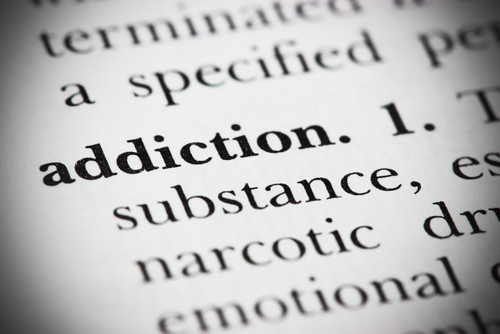 One of the problems with addiction is that it comes with its own built-in denial system. Every now and then, an addict/alcoholic will have a moment of clarity, a moment where the denial fades away for just a short time. These are usually based around events that are painful, or that result in shame and/or remorse. This window of opportunity is fleeting. When alcoholics/addicts are in pain, they do the one thing they know will temporarily alleviate the feelings, they use. So in attempting to treat addiction, one must strike with surgical precision.
One of the problems with addiction is that it comes with its own built-in denial system. Every now and then, an addict/alcoholic will have a moment of clarity, a moment where the denial fades away for just a short time. These are usually based around events that are painful, or that result in shame and/or remorse. This window of opportunity is fleeting. When alcoholics/addicts are in pain, they do the one thing they know will temporarily alleviate the feelings, they use. So in attempting to treat addiction, one must strike with surgical precision.
If you have a loved one who is addicted, the first thing you can do is get help for yourself through gaining both support and information. There are meetings for family/loved ones of alcoholics/addicts worldwide such as Families Anonymous or Al-Anon. At these meetings you can get more information from people who have been where you are now. In terms of treatment for the addicted person, it is wise to seek professional help. Plan to meet with a counselor who is specialized in addiction treatment to look at your options.
You may consider an intervention as well, if you believe your loved one will be resistant to seeking treatment. Intervention Specialists are available to help your family coordinate a plan to get the person in treatment. Addiction treatment is covered by many insurance plans under mental health benefits, and in some areas, county funded treatment is available if certain requirements are met. Many treatment programs will work out a payment plan. Sometimes treatment is costly, but this is likely small in comparison to the cost of not treating the addiction. Many alcoholics/addicts will end up dead or incarcerated if their addiction is allowed to continue.
The grim reality is that sometimes the addiction wins; resulting in what seems to be the senseless death of a loved one. This is the hardest fact to face in treating addiction, the sense of powerlessness in the spite of all our best efforts. With that said, there is plenty that you can do, and there is hope to be had.
Ultimately, if you want the best chances, everyone in the person’s life needs to get involved in some way. In a caring manner, the addicted person needs to face the consequences of their addiction and hear the concerns from the important people in their life. This may provide the opening that results in their willingness to seek treatment.
Your job is to get help, find hope, get informed, and take appropriate action.
By Dr. Ryan Blackstock, PsyD, CAADC, ICAADC, Core Faculty at MSP